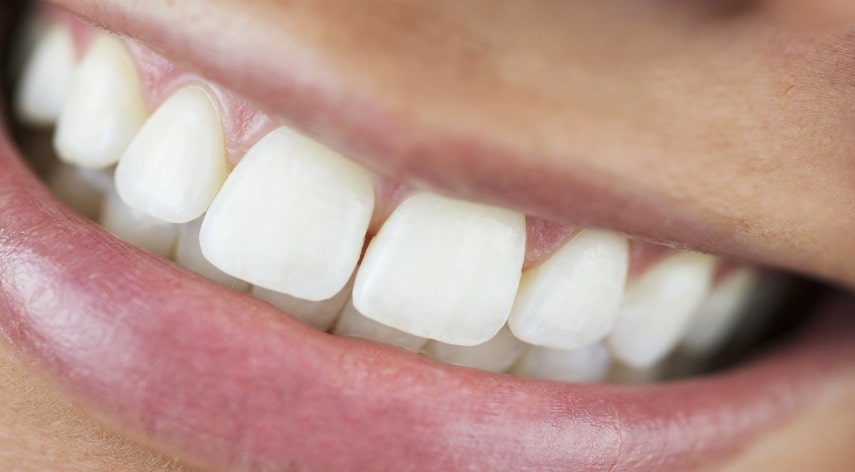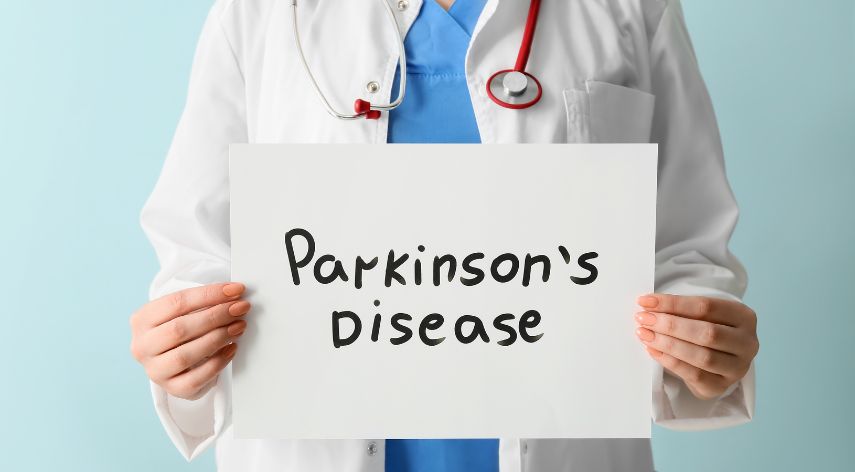Underbite vs Overbite: What’s the Difference?

The condition of your teeth has a major impact on your health.
Your teeth are the hardest objects in your body. It has many functions such as biting, chewing, speaking, and fighting off bacteria. Because of these important functions, maintaining your teeth is a top priority.
If your teeth aren’t functioning as they should, you could end up with underbite or overbite. Understanding the difference between an underbite vs overbite will help you maintain optimal oral health.
Here’s what you need to know.
Table of Contents
ToggleUnderbite vs Overbite
There are two types of teeth misalignment: underbite and overbite. An overbite is when the top teeth overlap the bottom teeth. An underbite is when the bottom teeth protrude in front of the top teeth.
Both can be treated with braces, but the types of braces will be different. An overbite can also be hereditary, while an underbite is often the result of incorrect jaw alignment.
What Is an Underbite?
An underbite is a type of malocclusions or bad bite, that can occur in the mouth. There are two main types of underbite: anterior and posterior.
An interior underbite is when the lower teeth stick out in front of the upper teeth. A posterior underbite is when the lower teeth are behind the upper teeth.
Causes of an Underbite
Underbite can be due to bad habits, genetics, or trauma. Underbites cause problems with speech, and chewing, and can lead to teeth grinding and TMJ problems.
Thumb Sucking
Bad habits, such as thumb sucking or tongue thrusting are the causes of underbite at an early age. If these habits are not corrected, they can lead to more serious problems. This will cause tooth decay or misaligned jaws.
Prolonged Use of Pacifier
Also, the use of a pacifier beyond the age of 4 can cause an underbite. The use of a pacifier is to help infants and young children learn how to control their lips and tongue muscles. This helps to produce the correct sounds for speech.
But, prolonged use of a pacifier can cause problems with the development of the teeth and jaws. If the pacifier is repeatedly pushed down against the teeth, it can cause an underbite.
Hereditary
An underbite is also hereditary, passed down through the genes. If either of the parents has an underbite, it is more likely to have children with the same condition.
Injury or Trauma
Injury or trauma to the face can cause the bones to shift, resulting in an underbite. This can happen if you are hit in the face, or if you fall and hit your face on the ground. The force of the impact can cause the lower jaw to shift forward, resulting in an underbite.
How to Fix an Underbite?
Treatment for an underbite usually involves braces or surgery. In some cases, all you need is a retainer to treat an underbite.
Braces can correct underbites, by moving the teeth into their proper positions. As for surgery, it depends on the severity of the underbite.
For a mild underbite, surgery may not be necessary. For a moderate underbite, surgery may be necessary to move the lower jaw forward. For a severe underbite, surgery may be necessary to both move the lower jaw forward and extend the upper jaw.
What is an Overbite?
Malocclusion, which includes overbite, has two further subtypes: excess and open. Excess overbite is when the upper teeth protrude too far forward. An open overbite is when there is a space between the upper and lower teeth when the mouth is closed.
Causes of an Overbite
The causes of an overbite are quite similar to an underbite. It can be hereditary, caused by bad habits, or mismatched jaw sizes.
Bad Habits for Infant
Mostly the cause of an overbite is during early development when an infant is thumb-sucking and nail-biting. Late bottle-feeding or use of pacifiers can also cause overbite.
Dentures for Adults
For adults, it can also be due to wearing poorly fitting dentures for an extended period. An injury like a blow to the nose can also cause overbite. Other causes may include teeth grinding, tongue pressing, and overcrowding of teeth.
How to Fix an Overbite?
Preventing harmful behaviors like thumb-sucking and the prolonged use of a pacifier can help avoid overbite at a young age. But if you already have an overbite, don’t worry as it is easily treatable. Braces, surgery, and wearing customer-fitted dentures can help treat overbites.
Another type of overbite that can be difficult to correct is deep overbites. These are when teeth overlap is particularly pronounced. Orthodontists consider it a deep overbite if a bite overlaps more than 2mm.
But, deep bite correction is possible with orthodontic treatment. Orthodontists can use a variety of methods to move the teeth into their proper positions. This will help achieve a healthy, functional, and pleasing bite.
Risks of Underbite and Overbite
Many people have some degree of underbite or overbite, but when the misalignment is severe, it can cause problems with chewing and speaking and can lead to injury of the teeth and gums. It may also lead to tooth decay and gum disease.
Underbites are also more likely to cause problems with the temporomandibular joint. The temporomandibular joint (TMJ) is the joint that connects your lower jaw to your skull. If you have an underbite, you may experience pain and clicking when you open your mouth.
Meanwhile, overbites can lead to speech impediments. The teeth may not meet properly when speaking, causing a lisp. Also, an overbite is more likely to cause problems with breathing, as it can block the airway.
If you have an overbite, you may need to do some special breathing exercises to help keep your airways open.
Seek Professional Help When Dealing With Underbite Or Overbite
The easiest approach to determine if you have an underbite or an overbite is to speak with a dentist or orthodontist. They will be able to take a look at your teeth and jaw and let you know for sure.
In the meantime, this guide gives you the key differences between underbite vs overbite. You are now aware of its causes and risks. Treatments were also mentioned to give you an idea before you talk to an orthodontist.
If you’re concerned about your bite, don’t hesitate to seek professional help!
If you enjoyed our article, make sure that you explore our website to find more articles just like this one!
Alice Christina, a seasoned health writer, combines her passion for wellness with a strong foundation in evidence-based research. She crafts insightful content that empowers readers to make informed health decisions. Alice's expertise shines through her concise and reliable health articles.
Recommended For You
Spread the loveAre you striving to lose weight without sacrificing your health? With weight loss advice seemingly coming from every
Spread the loveSeniors with Parkinson’s disease (PD) can lead satisfying lives, even though there is currently no cure for the
Spread the loveHave you ever stumbled upon an IP address that seems to be shrouded in mystery? One such enigmatic





